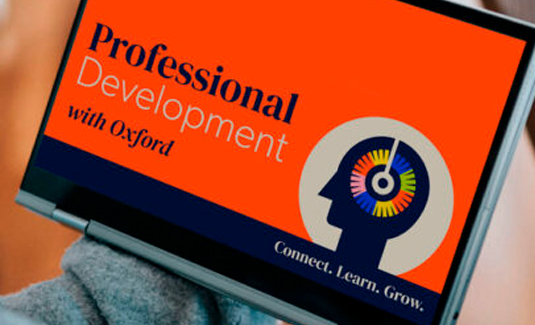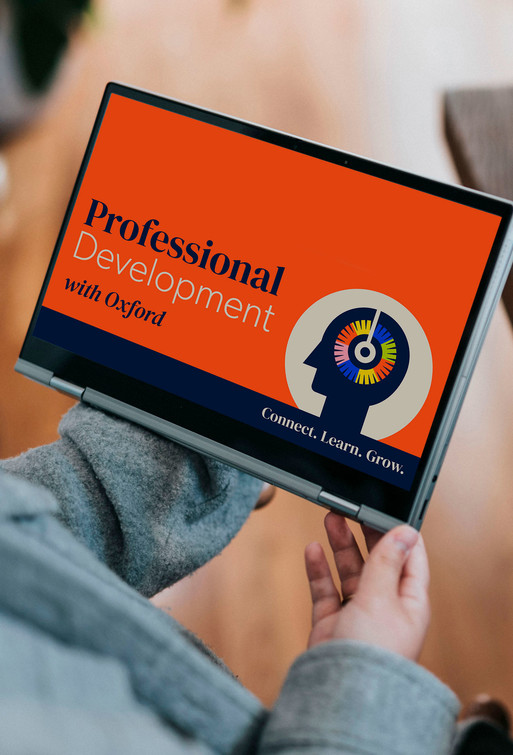


Educational horizons: online courses
- Learn about a variety of methodological and educational themes.
- Offered at no cost to users of Oxford titles.
- Limited spaces available.
Choose from our accredited courses:
Classroom Management
- NEW CONTENT!
- In English
- For all ELT and CLIL Primary and Secondary teachers
- 20 hours
- 5 modules
- Practical advice on how to manage resources, time and students.
- Hands-on insights into using language, body and voice effectively in the classroom.
- Start date: 15th October 2025
- End date: 2nd December 2025
- Registration start date: 8th September 2025
Resolución de conflictos
- ¡NOVEDAD!
- En castellano
- Para profesorado de todas las etapas
- 20 horas
- 4 módulos
- ¿Cuáles son las causas de conflictos en el aula y cómo solucionarlos?
- Herramientas para crear un ambiente de aprendizaje armonioso en el aula.
- Fecha de inicio: 15 de octubre 2025
- Fecha de finalización: 2 de diciembre 2025
- Inicio del registro: 8 de septiembre 2025
Find out more
How does it work?
As an Oxford user, you have access to our three LOMLOE-focused training courses accredited by the Instituto de Desarrollo Profesional of the Universitat de Barcelona IDP-ICE.
You will receive your certification and credits or training hours upon completing the course.
You can register your training with the Consejería de Educación of your Comunidad Autónoma.
· Access via Oxford Premium
· Dynamic and practical content available 24/7
· Courses led by expert tutors
